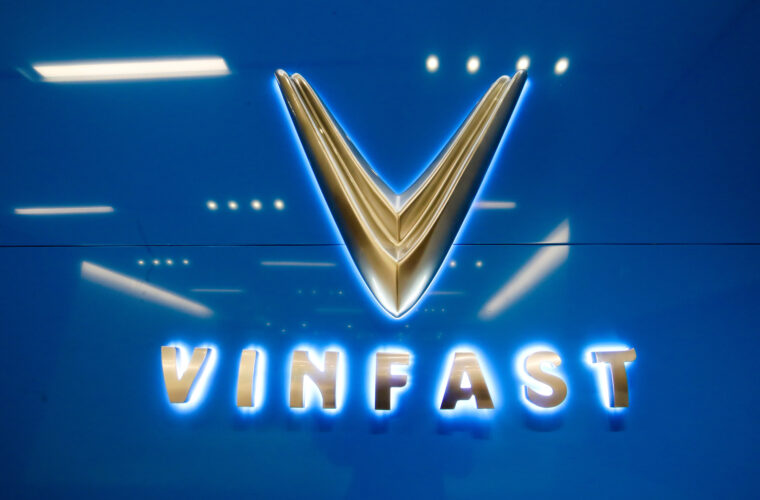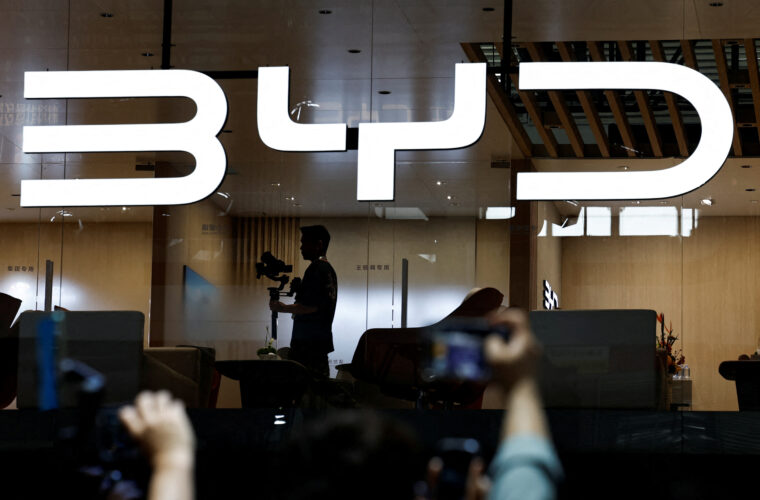The new year starts with a surprise in the electric car market, as Tesla is no longer the leading global manufacturer. It was overtaken by BYD (short for Build Your Dreams), the Chinese manufacturer that sold more battery-powered cars than anyone from June to December 2023. According to figures from the Hong Kong Stock Exchange, BYD sold 525,409 vehicles in the last three months of last year, while Tesla stopped at 484,507 cars. A record number for Elon Musk’s company, which, however, had to give way to its Chinese rivals in terms of quantity.
The production chain and the size of the reference market are decisive in this respect because, in China, electric cars are a real option for endothermic models, and the country alone boasts a demand unapproachable for any other area of the globe. This is why even Tesla‘s year-on-year supremacy is destined to be short-lived. The year 2023 ended with more than 1.8 million cars delivered to buyers by the American company and 1.57 million for the Chinese group; figures that will both grow in 2024, during which BYD will put the arrow on Tesla.
The reasons for BYD’s growth
In addition to the surge in the domestic market, the Chinese brand’s growth projections are also determined by its landing in Europe, the world’s second-largest market for electric cars. Having arrived in Norway in 2021 with the Tang, an SUV costing around €60,000, the Chinese’s European expansion has continued, taking root in Belgium, Germany, the Netherlands, Sweden, Denmark and France; then, last year, the first models arrived in the UK and Italy. The proposal in various countries is for six sedan models combining performance and design.
Currently, sales in the Old Continent (just over 13,000 cars in 2023) are insignificant compared to the overall numbers. However, for market analysis, it is only a matter of time because BYD’s development plans are solid and long-term. The proof lies in the factory built in Szeged, Hungary, where 200,000 vehicles per year will come out in 2026 (it will be the first factory built for electric cars by a Chinese company).
This move is as necessary as it is strategic since, in this way, the Chinese company will acquire the rank of a European manufacturer, circumventing the restrictive rules that do not grant support to manufacturers from the country of the Dragon to benefit from state incentives on the purchase of cars (such as those in place in France). Forgetting, moreover, that the EU has launched an investigation into Chinese manufacturers for alleged support received from the Beijing government, a hypothesis that, if it turned out to be true, would trigger customs duties of 10% on imports of vehicles into EU countries.
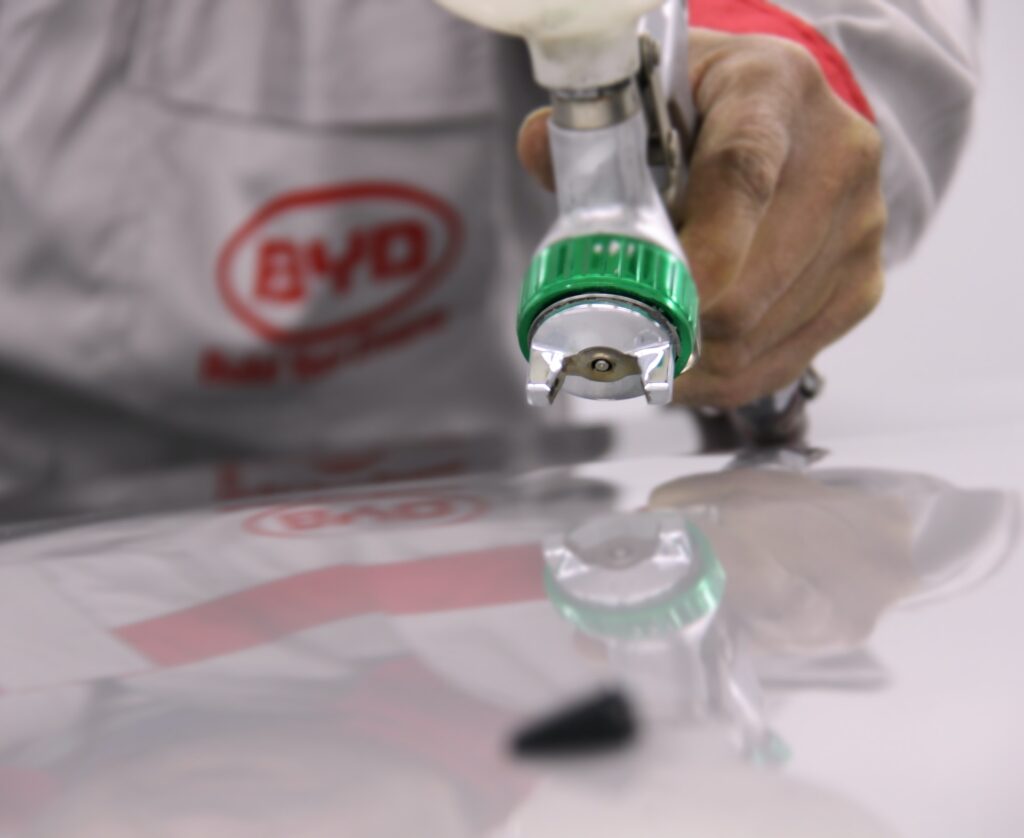
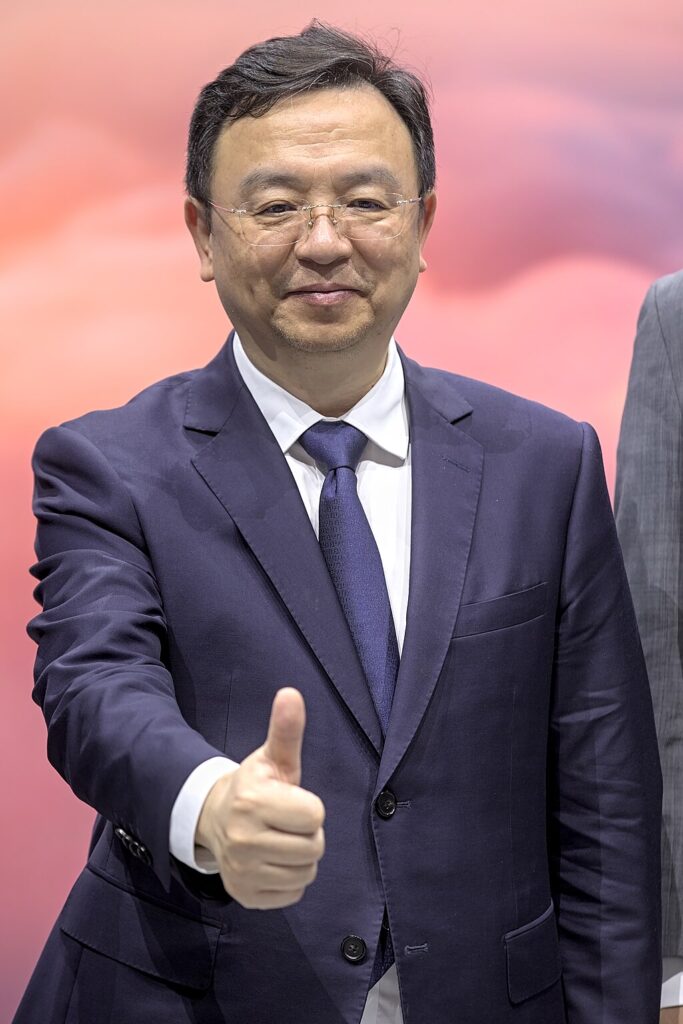
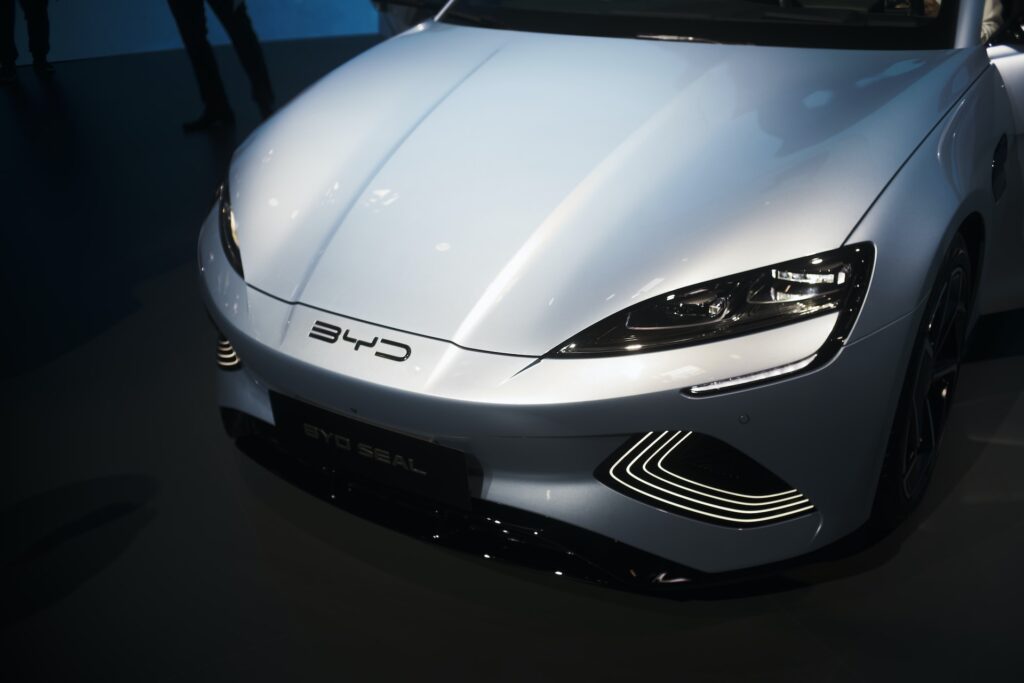
From batteries to electric cars: the turning point
Returning to BYD, its strength epitomises Chinese dominance in electric cars, so much so that according to a recent Bloomberg report, by 2030, more than 30% of the global market will be in the hands of manufacturers from the Asian country. At this point, one wonders how BYD came into being and who is behind it, a story that describes China’s advancement over the past 20 years. Established as a car manufacturer in 2003, the same year as Tesla was founded, the Chinese started ahead of the rest thanks to their past dedication to battery production.
The intuition of founder Wang Chuanfu, a chemist and former university professor, was to be ready when the era of electric cars would dawn, not as a vehicle manufacturer, but as a battery manufacturer. Then, however, the country’s goals of greatness opened an opening into which Chuanfu could slip, expanding his business from batteries to cars. The opportunity came in 2003 with the acquisition of Xi’an Qinchuan Automobile, a state-owned manufacturer that had fallen into disrepair.
The beginnings were not promising, with the first BYD-branded car selling 48 units in 2008. It was a flop that convinced the company to change direction and hire European professionals (such as German designer Wolfgang Egger, who had previously worked for Alfa Romeo, Audi and Lamborghini), drawing from top brands such as Ferrari and Mercedes.
The rest is history, as they say in success stories. BYD seems to be in the initial phase of a path that is probably destined to write other pages of glory for the company and China, which, looking to the near future, apart from Tesla, does not seem to have any adversaries capable of undermining its dominance in the electric car market.

